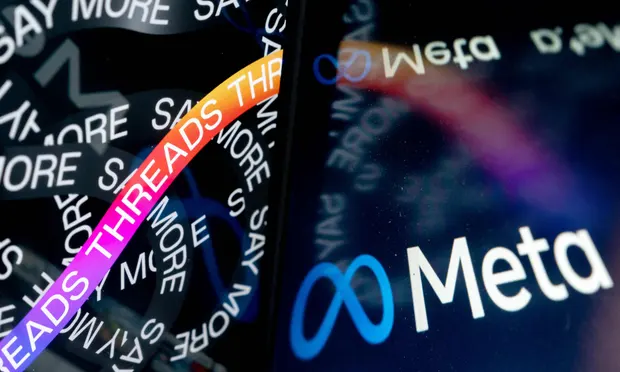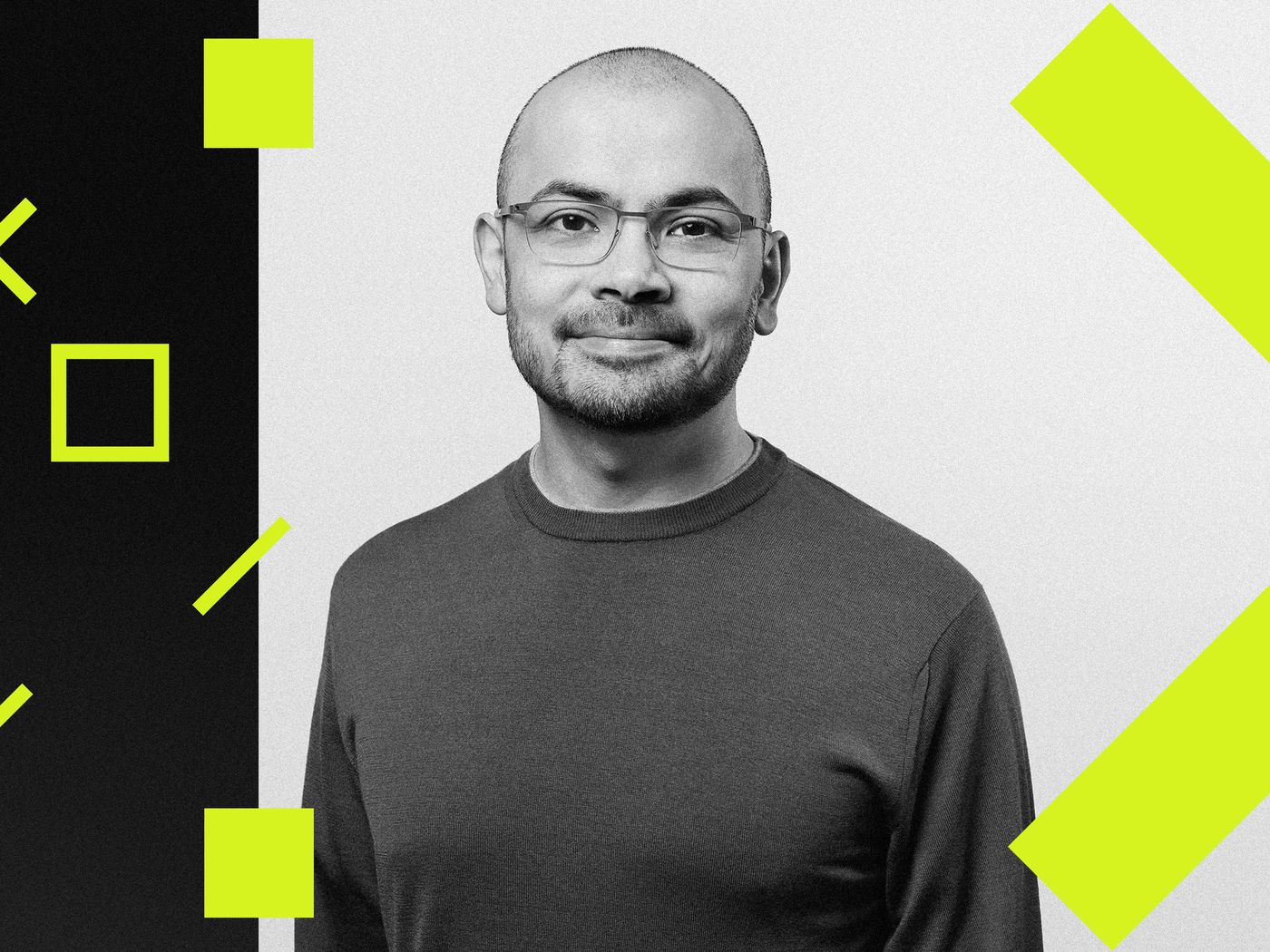|
|
 |
Today’s chatbots will look trivial by comparison to [...] what’s coming in the next few years.
— Demis Hassabis, Google DeepMind CEO
|
|
|
Welcome to Snippets—After years of negotiations, the EU and US have landed on a new trans-Atlantic data transfer agreement. Whether this new framework survives the next round of legal challenges is hard to say, but early commentary indicates those challenges are coming.
Meta made a splash with the US rollout of Twitter look-alike Threads—with jibes being traded between Meta’s Chief Product Officer, Chris Cox, and Twitter’s Elon Musk. Cox claims Threads was a response to public interest in a platform that is "sanely run.” Musk responded with a litany of the personal data Threads will collect.
Here’s what else is happening this week:
- Real-time crime surveillance centers expand across the US
- 11 million healthcare patients impacted by data breach
- Sarah Silverman joins lawsuits against OpenAI and Meta
- And so much more!
|
|
|
|
|
US and EU adopt new data privacy framework
|
 |
|
Ksenia Kuleshova / The New York Times
|
On Monday, silicon valley breathed a sigh of relief after the European Commission adopted the EU-US Data Privacy Framework, which promises better data protection for EU citizens and fills the void created after the EU high court struck down the previous agreement.
|
- This new pact will reopen trans-Atlantic data flows for companies like Meta and Google, which have large user bases in the EU but data centers and headquarters in the US.
- Privacy Shield, the previous agreement, was invalidated in 2020 on grounds that US intelligence agencies could access EU citizen’s data—a violation of GDPR.
- The new framework creates a Data Protection Review Court where EU citizens can object to any improper data collection by US intelligence agencies.
- Privacy activists argue that nothing meaningful has changed and members of the EU Parliament passed a nonbinding resolution criticizing the agreement.
|
|
|
|
|
|
|
Trade your legacy privacy platform for Transcend
|
|
Seen by many as lacking true automation and offering minimal support, we've heard legacy privacy platforms lead to time consuming manual workflows and implementations that drag on for months.
Read this guide to learn how gaps in legacy privacy platforms may leave your company vulnerable, why automated full-stack consent is key to compliance, and how a Fortune 500 company implemented Transcend Consent in just three weeks.
|
|
|
|
|
|
|
|
Privacy experts caution against Threads
|
 |
|
Stefani Reynolds / AFP / Getty Images
|
Threads’ privacy policy copies Meta’s other apps—and privacy advocates are sounding the alarm. Despite GDPR fines, FTC enforcement, and a string of bad headlines, Meta has made no meaningful efforts to amend their “surveillance advertising” business model.
|
- Meta collects swathes of personal data on users, including their location, health history, financials, race, browsing history, device type, and much more.
- Calli Schroeder of the Electronic Privacy Information Center noted, “Not only is this a huge risk for breaches [...] but the data can be used to infer even more information about an individual that they may not voluntarily share.”
- More so than other digital platforms, Meta is in a unique position to create detailed user profiles by collating data from across its app ecosystem—data which can then be shared with third parties, including advertisers and law enforcement.
|
|
|
|
|
|
|
|
Real-time crime centers expand across the US
|
 |
|
Eva Marie Uzcategui / Getty Images
|
In the aftermath of 9/11, New York developed the first “real-time crime center” (RTCC)—a network of CCTV and license plate readers that centralized surveillance and tracked crime across the city. Since then, the tech’s grown more invasive and spread to 123 other cities.
|
- Police departments are integrating new tech into their RTCCs, including gunshot sensors, social media monitoring, drones, body cameras, facial recognition software, and video streams.
- Supporters argue these systems support precise, cost-effective policing that can identify criminals with confidence, target fewer innocent citizens, and reduce crime.
- Critics contend that there are no studies showing RTCCs’ effectiveness, consolidating private data is a security risk, and this level of surveillance violates privacy rights.
|
|
|
|
|
|
|
|
- See how Threads’ privacy policy stacks up against its competitors.
- Printers may be spying on their users.
- Comedian Sarah Silverman joins lawsuits against OpenAI and Meta.
- Ring doorbells get flak over community vigilantism.
- Chinese surveillance makes it harder to defect from North Korea.
|
|
|
|
|
|
11 million healthcare patients impacted by data breach
|
 |
|
Araya Doheny / Getty Images
|
HCA Healthcare suffered a data breach affecting more than 1,000 hospitals and facilities in over 20 states. While much is still unknown about the attack, the hacker posted the stolen data for sale on a cybercrime forum—claiming to have 27 million rows of patient information.
|
- The hacker accessed personal data used in appointment scheduling, including patient names, addresses, phone numbers, dates of birth, gender, and appointment locations.
- HCA Healthcare noted the data theft was from “an external storage location,” but didn’t share whether they or a vendor were ultimately responsible for the breach.
- DataBreaches.net first reported the breach on July 5, and the hacker claimed to have contacted HCA Healthcare about the 27 million rows of information on July 4.
- The hospital chain was given until July 10 to meet undisclosed demands.
|
|
|
|
|
|
|
|
An inside look at Google’s DeepMind
|
 |
|
Alex Parkin / The Verge
|
Google DeepMind CEO Demis Hassabis sat down with The Verge’s editor-in-chief to discuss Google’s internal shake up, the company’s plans to win the AI race, and what the next ten years looks like for the technology.
|
- In the past, Google maintained two AI teams—DeepMind, which focused on AI problem solving and accelerating scientific discovery, and Google Brain, which developed large language models and product improvements.
- In April, to be more competitive, Google Brain was subsumed by DeepMind—coming under Hassabis’s leadership.
- Hassabis insists that AI’s biggest impacts on society, like protein modeler AlphaFold, fly under the radar and don’t capture the public’s imagination like large language models.
- He notes the world’s entered a new age of AI and anticipates that today’s chatbots will soon look trivial compared to the products and experiences available in a few years.
|
|
|
|
|
|
|
Join hundreds of your peers in the Privacy Pulse community
|
|
Privacy Pulse is an invite-only community where privacy professionals can crowdsource solutions to their biggest challenges, share or find a new role, and expand their professional network.
To make sure our community is valuable, thriving, and safe, we ask that everyone submit a brief application to join. All applications will be reviewed within 24 hours.
|
|
|
|
|
|
|
|
|
Snippets is delivered to your inbox every Thursday morning by Transcend. We're the platform that helps companies put privacy on autopilot by making it easy to encode privacy across an entire tech stack. Learn more.
|
|
|
|
You received this email because you subscribed to Snippets. Did someone forward this email to you? Head over to Transcend to get your very own free subscription! Curated in San Francisco by Transcend.
|
|
|
|
|
|